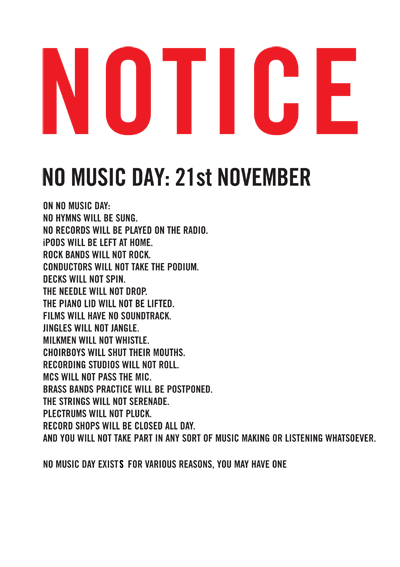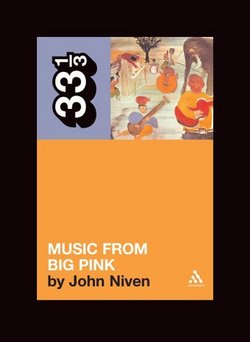
This is the eighth full-length album by Duluth,
MN's soporific Low. I saw them play last Saturday with my wife and brother-in-law. I have seen this band during four of their last five tours and they are well worth seeing live, especially in a theater where you can sit down. I was first introduced to Low through my now long-lost friend Kai Benson. During my first attempt at college back in 1999, Kai and I bonded over coffee, cigarettes, 40's, the sweet, sweet soulful
pining of misters Marvin Gaye and Al Green, and such painfully beautiful, minimalist music as Low.
Low is a trio consisting primarily of a Mormon couple, Alan
Sparhawk and Mimi Parker. They have had three bassists since their first album in 1994. The visual
pinnacle of this band's minimalism is seeing Mimi Parker standing behind her drum kit on stage: a simple floor tom, snare and cymbal. What I was told about Low when introduced to them was that they emerged onto the music scene when, in Duluth, loud, fast-paced grunge and punk rock dominated the music scene. The creation of Low was a response to this scene. Sometimes referred to as slow-core, Low is indeed quite a contrast to the tempos of grunge and punk rock, but I prefer to label Low as
minimalist and harmonic. Lyrically,
Low's songs are often poignant and tragically beautiful regardless of whether the content is sweet or dismal. For me, the most charming aspect of this band are the vocal harmonies of
Sparhawk and Parker; man, these two have got it. Seeing
and hearing these two sing together on a song is
devastating. They do have quite a few songs that reference Christian themes, but let this not be a
deterant. The members of Low are Christian (well, at least
Sparhawk and Parker), but Low is
not Christian rock. (They do have a really wonderful
Christmas EP though).
I had intentionally not listened to
Drums And Guns before the Low concert because I wanted to hear their new music live for the first time. I must say that I was not so pleasantly surprised when I first heard their new songs.
Low's previous tour for their album,
The Great Destroyer, was the only tour I haven't caught since they released
Secret Name in 1999. Once I got home from the concert, I realized that I needed to go back and listen this last effort by Low. As soon as I did, I recalled that when I last listened to
The Great Destroyer it didn't speak to me in the same way that
Low's earlier work has. I think I had maybe listened to it a couple times when it came out in 2005, but have otherwise not paid any attention to it since. This is relevant to my critique of
Drums And Guns because it was on
The Great Destroyer that their sound really changed. Low has always had at least one or two faster paced, "heavier" songs on their albums, but
The Great Destroyer really marks a shift toward the opposite ratio.
Dave Fridmann produced both
The Great Destroyer and
Guns And Drums, which is quite obvious
because these two albums do not sound to the Auricle
reminiscent of the rest of
Low's catalogue.
Drums And Guns retains the moody yet beautiful, simple sound that I have come to love from Low a bit better than it's
predecessor. However, there is more of an inclusion of
electronica on this album, which feels out of place for this band. There was a point during the concert when, in between songs, Alan
Sparhawk played a looped recording of, presumably, one of his children singing the lines "you make me happy, when skies are gray" from "You Are My Sunshine," which I thought was sweet and lovely; just the sort of thing Low would include in their set.
I want this album to be more of
Low's stark indie rock hymnals, but it isn't. It just isn't. It's sad, dark and moody, but not the Low I love. There are a lot of looped samples and, as I mentioned before,
electronica that just doesn't feel right. To me, Low sound is definitively
sparse and when this sort of ambient
accoutrement and rhythmic layering is added, the result is a fuller sound but not, by far, nearly as intimate. And that's what this album lacks for me. It's the intimacy that conjures images in my mind of my future children falling to sleep listening to Low. I mean, this is a band that, at one time, made white pillow cases with
mare tranquilitatis (sea of tranquility) embroidered in light blue along the opening.
The lyrics for this album just aren't up to par either. The song "Hatchet" is a real low (no pun intended) point on this album; this song should not have even made it onto the album. Also the song "Dragonfly", which I think instrumentally is one of the better songs on the album, but the lyrics are ridiculous. It seems like Low is regressing back into
embarrassingly bad teenage poetry.
I can't decide what song to include with this review. I am tempted to put "Lion-Lamb" from
Secret Name, which is the song they played after taking requests from the audience, stating that it needed to be played because it was Easter weekend. This is tricky because I want any of you readers who do not already know Low to hear what it is that has made me love them, which is not anything from
Drums And Guns. What to do? Well, I'll do "Dragonfly" so long as we pay attention only to the
sounds of the words being sung and not the words themselves. If you need to be properly introduced to Low, listen to
Secret Name or
Things We Lost In The Fire and go back to their beginning from there.
Low - Dragonfly





